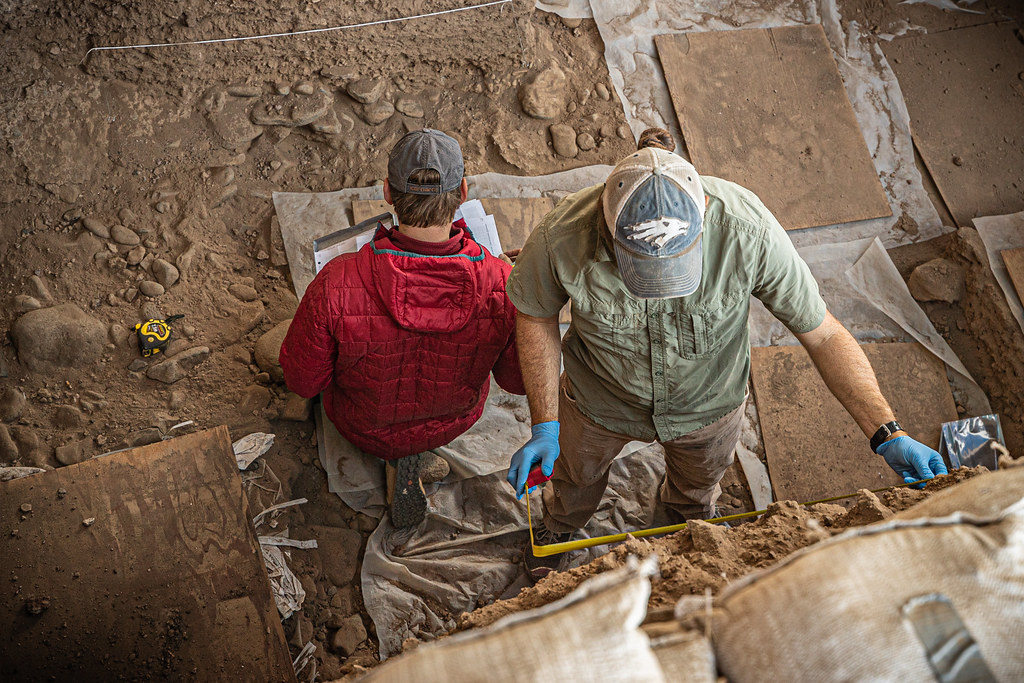Costa Rica archaeologists in awe as Brooklyn Museum returns 1,305 artifacts
An unfinished tombstone, a large ceramic vase painted with beeswax, human representations, and ancient tools to process corn are artifacts of a collection of 1,305 pieces that have been returned to Costa Rica. It is the second time the Brooklyn Museum in New York City has returned pieces, some older than 2,000 years, to the Central American country.

- Country:
- Costa Rica
An unfinished tombstone, a large ceramic vase painted with beeswax, human representations, and ancient tools to process corn are artifacts of a collection of 1,305 pieces that have been returned to Costa Rica.
It is the second time the Brooklyn Museum in New York City has returned pieces, some older than 2,000 years, to the Central American country. Tycoon Minor Keith brought the artifacts, looted during the construction of a railway, to the United States in the 19th or early 20th century, along with shipments of bananas.
Archaeologists in Costa Rica have been in awe since the artifacts arrived at the end of last year. "The tombstone is a piece we have only seen as illustrations in study books here," Daniela Meneses, a researcher at the National Museum of Costa Rica, said at a viewing for the media. "It's amazing to see that piece now. It's very emotional."
It is believed to have been part of a tomb of an important person from a now-extinct civilization. At almost half a meter high, one of the largest pieces in the shipment is a vase, presumably used to store seeds or water; it is adorned with human figures and peculiar geometric lines, painted with beeswax.
There are still more artifacts from Costa Rica in Brooklyn and in other museums in the United States. But archaeologist Javier Fallas of the state museum highlighted the return as an extraordinary gesture: "We don't know why they did it, but it's something very good and atypical in the world."
Seven years ago, four sites in the southern part of the country were recognized as World Heritage by the United Nations Educational, Scientific and Cultural Organization (UNESCO).
(This story has not been edited by Devdiscourse staff and is auto-generated from a syndicated feed.)
ALSO READ
UNESCO Report Exposes Rising Abuse of Financial Charges to Intimidate Journalists
UNESCO and G20 Report Urges Urgent Action to Address Gender Inequality in STEM Fields
251 million children still out of school worldwide, UNESCO reports
Donald Trump elected 47th president of the United States, reports AP.
In our nation, we owe loyalty not to a president or a party but to constitution of the United States: Harris.










